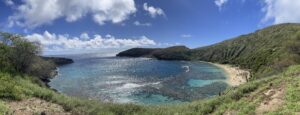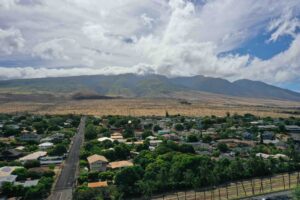The importance of understanding the macro-economic impact of natural disasters cannot be overstated. Hurricane Iniki, that hit the Hawaiian island of Kauai on September 11th, 1992, offers an ideal case study to better understand the long-term economic impacts of a major disaster. Iniki is uniquely suited to provide insights into the long-term economic impacts of disaster because (1) there is now seventeen years of detailed post-disaster economic data and (2) a nearby island, Maui, provides an ideal control group. Hurricane Iniki was the strongest hurricane to hit the Hawaiian Islands in recorded history, and wrought an estimated 7.4 billion (2008 US$) in initial damage. Here we show that Kauai’s economy only returned to pre-Iniki levels 7-8 years after the storm; though 17 years later, it has yet to recover in terms of its population and labor force. As we document, these long-term adverse impacts of disasters are ‘hidden.’ They are not usually treated as ‘costs’ of disasters, and are ignored when cost-benefit analysis of mitigation programs is used, or when countries, states, and islands attempt to prepare, financially and otherwise, to the possibility of future events.





